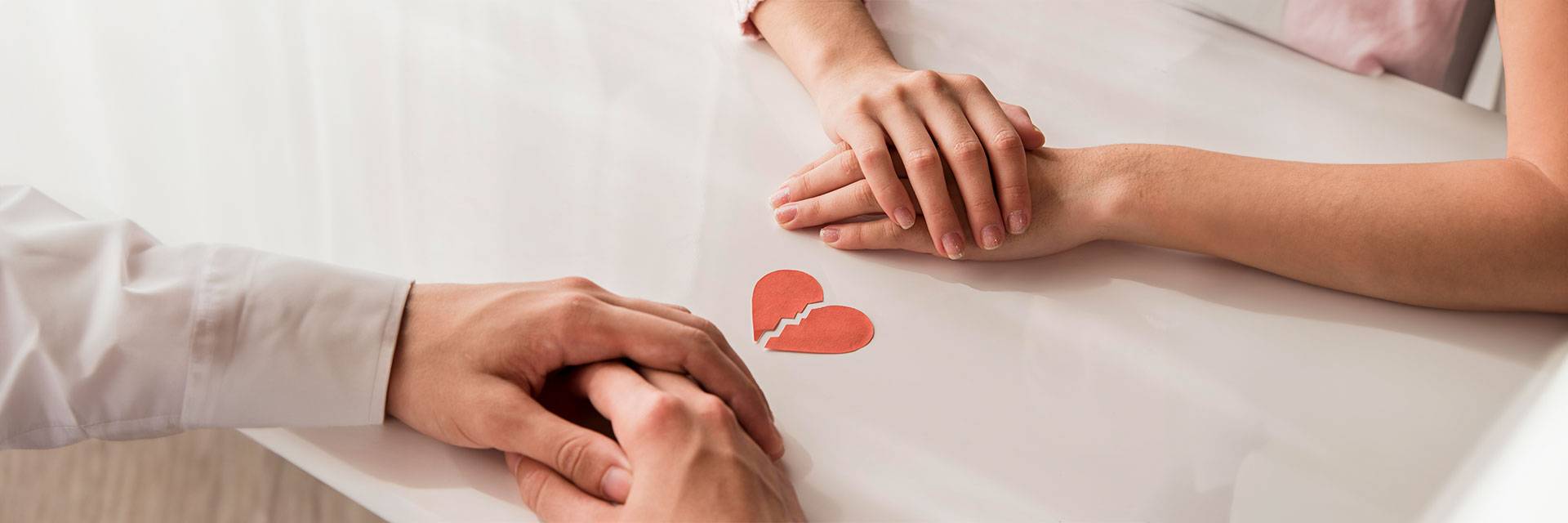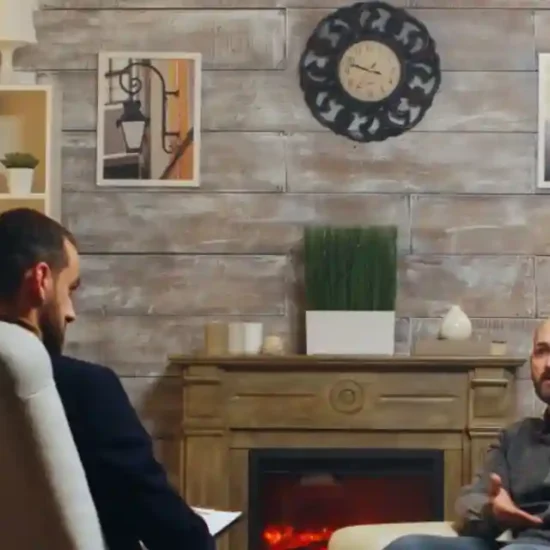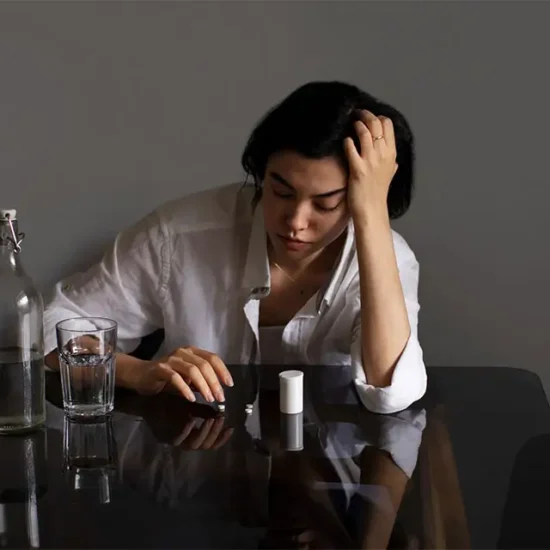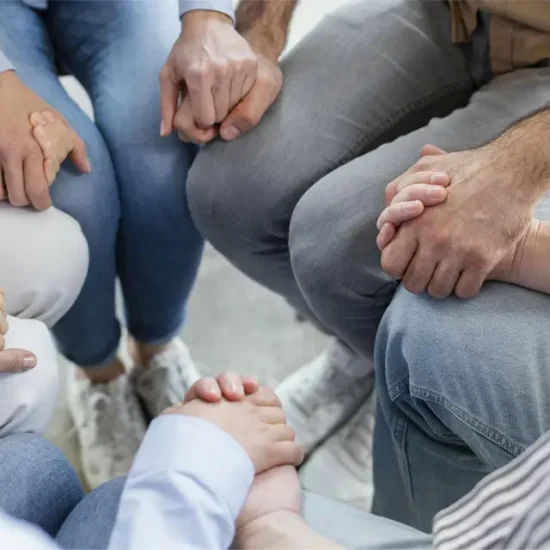Breakups are tough, both emotionally and physically. The emotional weight may be heavy, but healing is attainable. Learning how to heal from a breakup means focusing on personal growth, avoiding harmful habits, and asking for support when needed. This guide will help you understand the emotional effects of breakups and offer practical steps for recovery.
When a romantic relationship ends, it can feel like your world has turned upside down. The person you relied on and shared your life with is no longer there, and it’s easy to feel lost. Healing from a breakup isn’t just about moving on; it’s about rediscovering who you are and rebuilding your life. Whether your relationship is long or short, the emotional impact can be huge. However, with the right steps, you can heal, grow stronger, and find emotional balance.
Understanding the Emotional Impact of a Breakup
A breakup can trigger a mix of emotions—sadness, anger, confusion, and even relief. These feelings are part of the grieving process, much like losing someone close to you. After a breakup, it’s normal to feel the loss of not just the person but also the shared dreams and plans.
Sadness and Loss
Feeling sad after a breakup is common. This sadness stems from the loss of someone important in your life. Studies show that people generally need about three to six months to start feeling better after a breakup, though it can vary based on the relationship.
Anger and Resentment
It’s also normal to feel angry, especially if the breakup came as a shock or involved betrayal. You might feel upset at your ex-partner or even yourself. Accepting these emotions is important when learning how to heal from a breakup.
Confusion and Self-Doubt
Breakups can make you feel confused, especially about who you are or what the future holds. You might question your decisions or worry about what comes next. While this uncertainty can feel overwhelming, it’s only temporary and part of the healing process.
Focus on Personal Growth
Breakups provide a chance for personal growth. Reflecting on your needs and desires can help you turn the pain into an opportunity for self-improvement.
-
Reassess Your Priorities
Take this time to focus on things you love and might have neglected during the relationship. Whether it’s reigniting an old hobby or working toward a new goal, now is your chance to do what makes you happy.
-
Practice Self-Compassion
Be kind to yourself. It’s easy to be critical after a breakup, but self-compassion is essential. It’s important to remember that healing requires time, and feeling hurt is okay. Every small step toward recovery is progress.
-
Set New Goals
A breakup can motivate you to make changes in your life. Setting personal or professional goals can help you focus on the future and give you something to look forward to, helping you move past the emotional pain.
Avoid Negative Coping Mechanisms
While it may be tempting to numb the pain, unhealthy coping methods like substance abuse or isolating yourself can slow down the healing process.
Substance Abuse
Many people turn to alcohol or drugs after a breakup to ease emotional pain. According to the American Psychological Association, breakups can increase the risk of alcohol use. But this only offers temporary relief and can lead to bigger problems like addiction.
Emotional Eating
Breakups can also lead to emotional eating, using food for comfort. This can lead to unhealthy eating habits and feelings of guilt. Instead, try to focus on eating foods that nourish your body and mind.
Isolation
Withdrawing from friends and family might feel easier, but it can lead to feelings of loneliness. Staying connected with others is important for your recovery. Rely on those close to you for understanding and emotional support.
Reach Out for Support
Going through this breakup alone is not recommended. Being with understanding people can promote quicker healing and lessen feelings of isolation.
-
Lean on Friends and Family
Talking to loved ones about your breakup gives you a chance to express your feelings. They can provide perspective and remind you that your feelings are valid, helping you heal more effectively.
-
Join Support Groups
Consider joining a support group where you can share your experience with others who are going through similar situations. This can help you feel less alone and give you useful tips on how to heal from a breakup.
-
Seek Professional Help
If you’re struggling to cope, professional therapy can offer the support you need. Therapies like Cognitive Behavioral Therapy (CBT) help people work through their emotions, change negative thought patterns, and develop healthier ways to cope with the breakup.
Frequently Asked Questions (FAQs)
Q: What’s the usual duration for healing after a breakup?
A: Breakup recovery time differs from one individual to another. On average, it can take around three to six months to start feeling better, but deeper, longer relationships may take more time. Healing depends on your emotional connection and how you focus on self-care, personal growth, and finding support.
Q: What are the effective strategies for recovering from a breakup?
A: The effective ways to get over a breakup are by focusing on self-care, staying connected with friends and family, and engaging in activities you enjoy. Avoid negative coping methods like substance use or isolation. Reflect on your personal growth, set new goals, and seek support from loved ones or a therapist if needed.
Q: How do I heal emotionally after a breakup?
A: For emotional healing after a breakup, acknowledge your feelings, show self-compassion, and avoid turning the blame inward. Focus on personal growth by rediscovering hobbies, setting goals, and surrounding yourself with supportive people. If you’re struggling, consider seeking professional therapy to help process your feelings and guide your healing journey.
Q: How to stop overthinking after a breakup?
A: To stop overthinking after a breakup, keep yourself busy with positive activities and set new goals. To relax your mind, incorporate mindfulness or meditation into your routine. Focus on the present rather than replaying past events. Reaching out to friends, journaling, or talking to a therapist can also help manage overthinking and ease emotional stress.
Conclusion
It takes time, patience, and self-compassion to heal after a breakup. Though the pain may feel overwhelming, focusing on personal growth, avoiding negative habits, and seeking support can help you recover. A breakup is an opportunity to rediscover yourself and understand what you truly need for a happy, fulfilling life. By focusing on healing, you can turn this difficult experience into a chance for emotional growth and wellness.
If you’re seeking a supportive community to help you through the healing process, consider reaching out to BHouses. Our compassionate team understands the challenges of emotional recovery and is here to guide you on your journey toward wellness. Start building a brighter future by getting in touch with us today.










